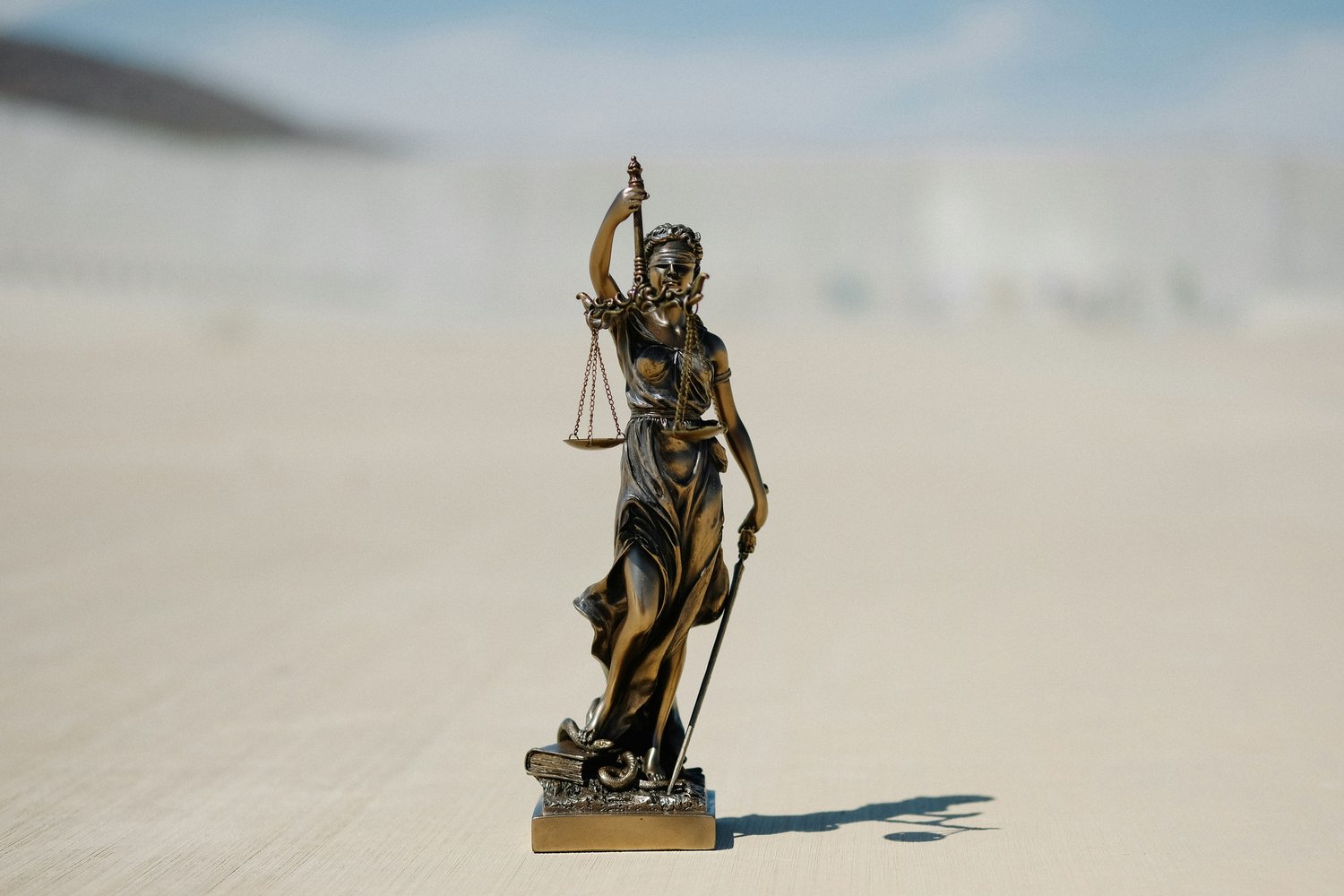Image: https://unsplash.com/photos/a-statue-of-a-lady-justice-holding-a-scale-KJgkqQcdynQ
According to job recruiter Zippia, there are more than 252,159 criminal defense lawyers in the U.S. as of 2025. A criminal defense lawyer represents individuals or organizations accused of criminal offenses.
Their primary role is to protect their clients’ rights and advocate for fairness throughout the criminal justice proceedings. Building a strong defense isn’t just about knowing the law; it’s about understanding the whole story, gathering all the facts, and making sure the person’s side is heard.
According to Savannah, GA, criminal lawyers, police procedures will be investigated by criminal defense lawyers to determine if errors were made or if your constitutional rights were violated during evidence collection.
This article will look at the steps these lawyers take to investigate the case, understand the charges, and present evidence.
Understanding the Charges and Legal Framework
Allegations of criminal offenses against you will start your case. Know what the charges are against you and what the prosecution has to show. The prosecution will need to prove certain elements to advance their case. Understanding these elements helps identify the flaws in your case. You can use this information to build a defense that will counter the charges against you.
Get to know the relevant laws, statutes, and precedents that bear on your situation. To help your defense, consult your lawyer on how to apply the laws to your case.
A better understanding of the legal process can help your lawyer formulate defense strategies for your case and continue to fight for your rights.
Some people may worry about the cost of criminal defense attorneys. You must know that the severity of the charges, the case’s complexity, the attorney’s experience, and the location will affect the cost of hiring a lawyer.
Evidence Collection and Analysis
A stable defense begins with the collection and examination of evidence. Strong defense requires you to present materials such as documents, photographs, and computer-related data. This process involves reviewing police reports, getting surveillance data, and evaluating forensic data.
Whatever information you have can either help your case or hurt the prosecution’s. Analyze the information you have gathered to spot contradictions, gaps, or other possible insights for your case.
Reach out to expert witnesses and ask them to give valuable insights to support your claims. For example, a forensic consultant can clarify some of the vague details of your case.
Witness Interviews and Testimonies
Gathering evidence is important; witness interviews and testimonies can greatly influence the direction of your defense strategy. Personal accounts of key witnesses can provide either clarity or context around the events being considered.
Interviews usually involve posing open-ended questions to witnesses so that they can freely express their observations. Watch their mannerisms and look out for any inconsistencies in their statements. Conflicting statements may weaken the credibility of witnesses.
Try to determine any potential bias or interest behind the witness statement. The information you get will either strengthen your defense or prepare you to challenge the testimony.
Witness testimonies support case narratives. Your witnesses will back up your claims to disprove the allegations of the prosecution.
Developing a Personalized Defense Strategy
As your case goes on, you can come up with a personal defense plan that fits its specifics.
Get all the proof, witness statements, and any other information that could show that the prosecution’s case is weak. You should talk to your defense lawyer about your goals. Do not hesitate to express your worries and concerns for your case.
You will foster crafting a strategy geared toward your defense. Your background and personality should be taken into account, along with any special circumstances that could influence the case outcome.
Personal ideas help your defense and give you more confidence during the case. Advocate for your best interests by being proactive and actively involving yourself in the defense process. Participating in the creation of your case’s defense helps increase your chances of success.
Negotiating Plea Deals and Trial Preparation
A criminal defendant’s defense plan should include both negotiating plea deals and getting ready for trial. Your lawyer will look at the benefits and drawbacks of the case and give you advice on how to negotiate a plea deal to lower the fines for your crime.
If negotiations fail, your lawyer will make plans for the trial, gather proof, talk to witnesses, and put together a storyline.
To get you ready for court, your lawyer will practice your statement, argue against the prosecution’s case, and let you take part directly, all of which will strengthen your defense and help you win.



